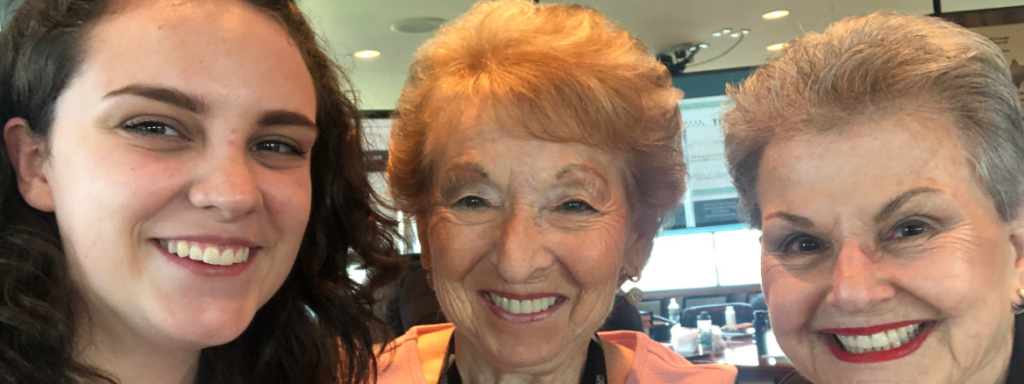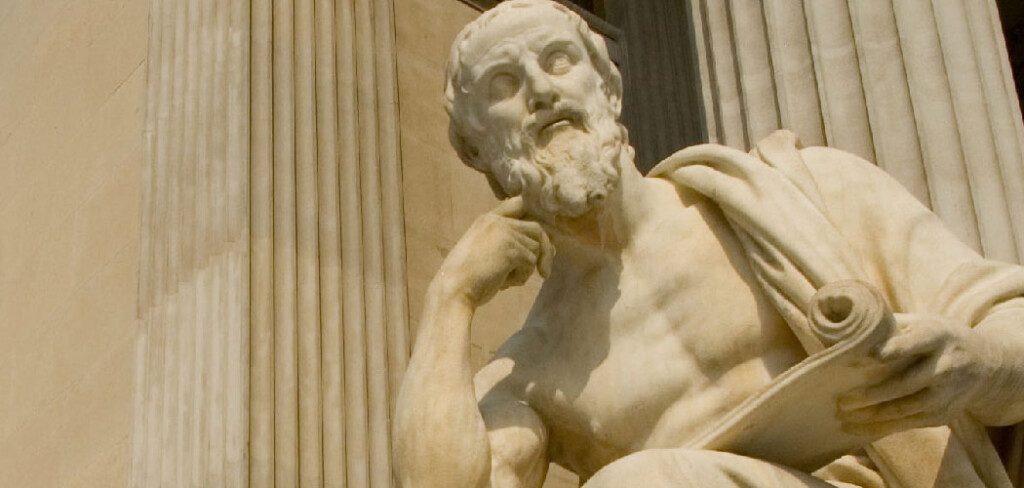Page 52 • (636 results in 0.078 seconds)
-
including hand-built and wheel-thrown methods and glaze application. Includes a survey of ceramic art. (4) ARTD 280 : Art Methodology and Theory - CX Explores art historical and critical methods used for the analysis of art, including formalism, iconography, iconology, economic/social contexts, psychology, feminism, and structuralism/semiotics. Relates methods to broader cultural theories from Kant to Edward Said. (4) ARTD 287 : Special Topics in Art To provide undergraduate students with new, one-time
-
: Personal Inquiry and Global Investigations - H3, GE Students will wrestle with complex contemporary social problems, evaluate multiple responses to those problems, and develop and articulate their own positions and commitments. Class themes vary, but every section includes cross-cultural and interdisciplinary analysis and a final culminating project. May be taken after or with the fourth and final 200-level IHON course. Instructor permission required. (4) IHON 491 : Independent Study To provide
-
that notifies borrowers the cost of borrowing a loan. DL: Direct Loan. Federal Loan programs. See www.studentloans.gov EFC: Expected Family Contribution. The dollar amount the FAFSA calculates you (and your parents if you are a dependent student) can contribute toward your college costs for the academic year or enrollment period, based on the federal methodology need analysis formula. Entrance Interview: A session a borrower must complete in order to receive a Federal Direct, Nursing, or Grad
-
the HPRB is necessary, unless there are changes to the nature or scope of the project.What research qualifies as exempt?Most of the research conducted at PLU that qualifies as exempt does so because it: measures the efficacy of educational practices in an educational setting. involves analysis, synthesis, or study of existing data or documents when these are publicly available or when the information is recorded in such a way that individuals are anonymous. involves the use of surveys, interviews
-

applies her skills of spotting problems and finding solutions. She gives students feedback on how to improve their resumes and problem-solves how to play nicely with the tech-based screening systems businesses use to filter resumes. “I love doing this type of work,” she says. After graduation, Ambachew seeks job opportunities in marketing analysis, project management, and learning experience design, applying what she’s learned from the business and technology worlds. Technology still appeals, she says
-
English courses prior to matriculation. The English requirement is intended to demonstrate competency in grammar and composition as well as comprehension and analysis of written work. In general, the English requirement is met by taking courses that pharmacy schools would recognize as writing or literature courses. In addition, some schools recommend that you take a course in public speaking.ExperienceIt is important that you have a good understanding of the field of pharmacy prior to submitting your
-
English courses prior to matriculation. The English requirement is intended to demonstrate competency in grammar and composition as well as comprehension and analysis of written work. In general, the English requirement is met by taking courses that pharmacy schools would recognize as writing or literature courses. In addition, some schools recommend that you take a course in public speaking.ExperienceIt is important that you have a good understanding of the field of pharmacy prior to submitting your
-

a recent email, “My research has almost completely changed since the last time I checked in. My dissertation (as of right now) will examine the politics surrounding the development of Holocaust consciousness in the United States in the 1970s, 80s, and 90s. Last semester, I completed a paper about the first conference to focus women’s experiences during the Holocaust which took place in 1983. I learned just how controversial feminist analysis of the Holocaust seemed in the 80s, which was a key
-

meaning, thought, and action. Through this study you’ll sharpen your skills in critical thinking, problem- solving, research, analysis, interpretation and writing. It’s not unusual for philosophy students to double major and/or have additional minors, and philosophy majors work in a wide range of careers – some have gone on to become philosophy professors themselves. Others have been successful in seminary; in medical, dental or law school; in graduate programs in social justice or environmental
-

. What strengths will help you excel, or any challenges to overcome for completing the program? Revisit a relevant anecdote mentioned in previous sections to better explain with detail why you are best suited for this program. The goal is to highlight what knowledge and skills, both technical and interpersonal, you possess that will drive you to success in this program. For example, if you have experience in marketing or statistical analysis, try to highlight what you have learned in your
Do you have any feedback for us? If so, feel free to use our Feedback Form.


